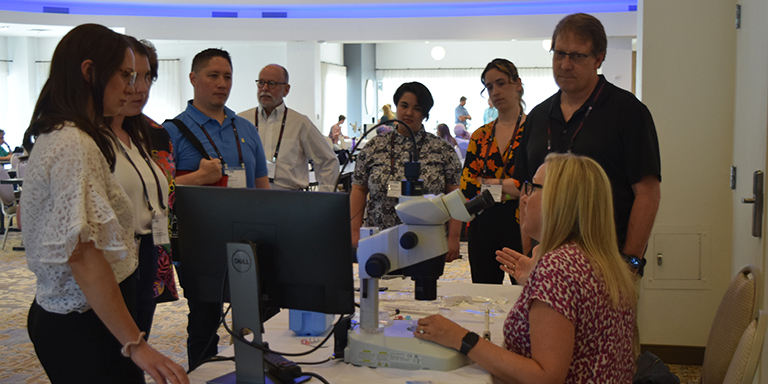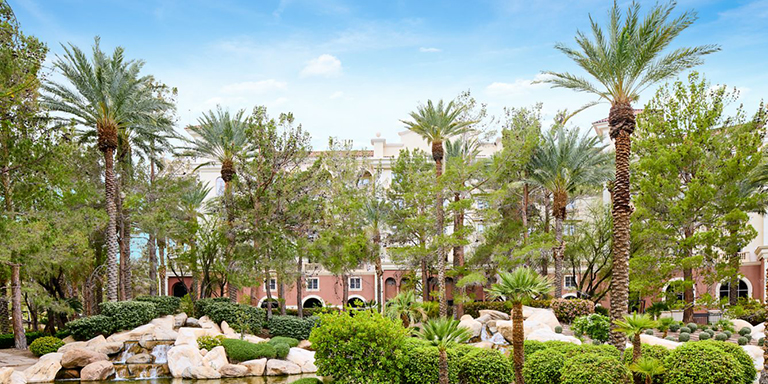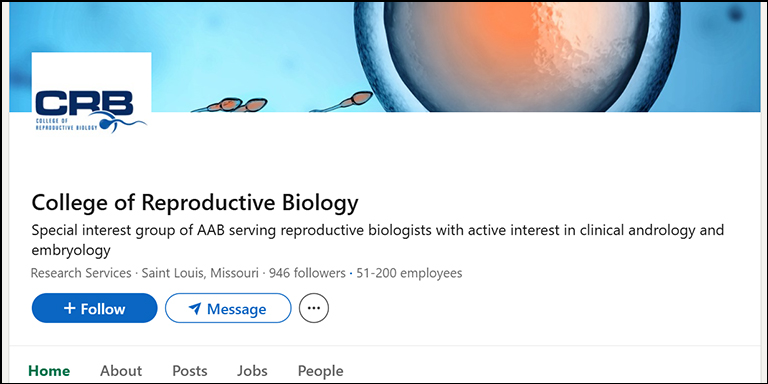California Bill Adds Reproductive Biologists to List of Clinical Lab Personnel Licensed/Regulated by the CDPH
On September 22, 2022, California Governor Gavin Newsom signed into law Senate Bill 1267 regarding clinical laboratories that includes various provisions pertaining to the field of clinical reproductive biology.
Digest:
This bill adds reproductive biologists to the types of clinical laboratory personnel licensed and regulated by the California Department of Public Health (CDPH) and defines their subspecialties and duties.
This is an important and long overdue milestone in recognizing Clinical Reproductive Biology as an independent scientific specialty and giving its practitioners well-deserved recognition. Congratulations!
I would like to use this opportunity to express gratitude to all who spearheaded and supported this initiative, especially Salu Ribeiro, M.Sc., TS(ABB), ELS/ALS(AAB), Tammie Schalue, Ph.D., HCLD(ABB), Robert Footlik, HCLD(ABB-Ret), and the leaders of the various ART Associations in California.
Important questions:
- What is SB 1267 and what does it do?
California SB 1267 is a bipartisan bill that adds geneticists and reproductive biologists to the types of non-physician clinical laboratory personnel licensed and regulated by the California Department of Public Health (CDPH) and defines their subspecialties and duties. This addition allows for licensure of qualified reproductive biologists to perform high complexity testing (i.e., semen analysis) related to the diagnostic testing for management of primary and secondary infertility, fertility assessment, and fertility preservation, as well as the evaluation and assessment of gametes, embryos, and their associated fluids and tissues.
- Does the new law require you to be licensed in order to continue in your current position?
If you perform, supervise, or direct any CLIA-covered testing in your embryology or andrology laboratory, then you are currently required to have a California license as either a generalist CLS (Technologist Category) or a Bioanalyst (Director Category). This new law allows you to obtain a specialty license in reproductive biology as a Clinical Reproductive Biologist Scientist (Technologist Category) or a Clinical Reproductive Biologist (Director Category), instead of having to have a California generalist CLS or generalist Bioanalyst license.
If you already have a California generalist CLS license or generalist Bioanalyst license, you do not have to obtain the Clinical Laboratory Biologist Scientist or Clinical Reproductive Biologist license.
If you do not perform, supervise, or direct any CLIA-covered testing, SB 1267 does not require you to be licensed. However, if you wish to be licensed as a Clinical Reproductive Biologist Scientist or a Clinical Reproductive Biologist, you may obtain this new license if you meet all the requirements for the new license.
Applicants are encouraged to become familiar with all California clinical laboratory laws and regulations, including the requirements for licensure (e.g., regulations, continuing education requirements, and fees) prior to applying for licensure.
- When does the law become effective?
January 1, 2023
- Where can I find a copy of SB 1267 to read for myself?
California_SB_1267_Chapter 473_092222
- What is required to obtain a Technologist-Category license prior to the adoption of implementing regulations by the California Department of Public Health (CDPH)?
- The licensure category for a technologist in a specialty or subspecialty in California is a Limited Clinical Laboratory Scientist’s License.
- The title for a Reproductive Biologist with a Limited Clinical Laboratory Scientist license is a Clinical Reproductive Biologist Scientist.
- The state of California is not going to administer examinations for the reproductive biology subspecialty license.
- You must apply on forms provided by the state and be approved for licensure. License applications are electronically completed online. See “How do I apply” below for a link to the forms.
- A minimum of a bachelor’s degree from an accredited university in a chemical, physical, biological science, or clinical laboratory science.
- One year of full-time clinical laboratory experience in the field for which a license is being sought.
- The AAB Board of Registry (ABOR) certification as an Embryology Laboratory Scientist (ELS), Andrology Laboratory Scientist (ALS), or The American Board of Bioanalysis (ABB) certification as a Technical Supervisor (TS) of andrology or embryology.
* These requirements apply prior to the adoption of implementing regulations by CDPH. After regulations have been adopted, applicants must then comply with the adopted regulations, as applicable.
- What is required to obtain a Clinical Laboratory Director’s license prior to the adoption of implementing regulations by CDPH?
- The licensure category for a clinical laboratory director in a specialty or subspecialty in California is a Limited Clinical Laboratory Director’s License.
- The title for a Reproductive Biologist with a Limited Clinical Laboratory Director’s license is a Clinical Reproductive Biologist.
- The state of California is not going to administer specialty or subspecialty examinations in reproductive biology for the limited clinical laboratory director’s license. However, the state will administer a written and oral examination to determine satisfactory knowledge in clinical laboratory directorship.
- You must apply on forms provided by the state and be approved for licensure. License applications are electronically completed online. See “How do I apply” below for a link to the forms.
- An earned doctoral degree OR a Master of Science degree*** from an accredited university in a chemical, physical, biological science, or clinical laboratory science. AND:
- One year of clinical laboratory training and three years of full-time clinical laboratory experience in the field for which a license is being sought, two years of which must have been at the supervisory level. PLUS
- ABB certification as an Embryology Laboratory Director (ELD), Andrology Laboratory Director (ALD), or both; or ABB certification as a High-Complexity Clinical Laboratory Director (HCLD).
** These requirements apply prior to the adoption of implementing regulations by CDPH. After regulations have been adopted, applicants must then comply with the adopted regulations, as applicable.*** For holders of a Master of Science degree but not a doctoral degree, ELD(ABB) certification must have been earned before July 1, 2020.
- How do I apply?
Go to https://accountportal.cdph.ca.gov/Licensing.aspx
The Laboratory Field Services (LFS) Branch of CDPH is working on a comprehensive package of regulations that will include detailed information about the requirements and application process. AAB/ABB members and diplomates/certificants will be informed of all updates through news alerts, publications, and webinars. So, stay tuned!



